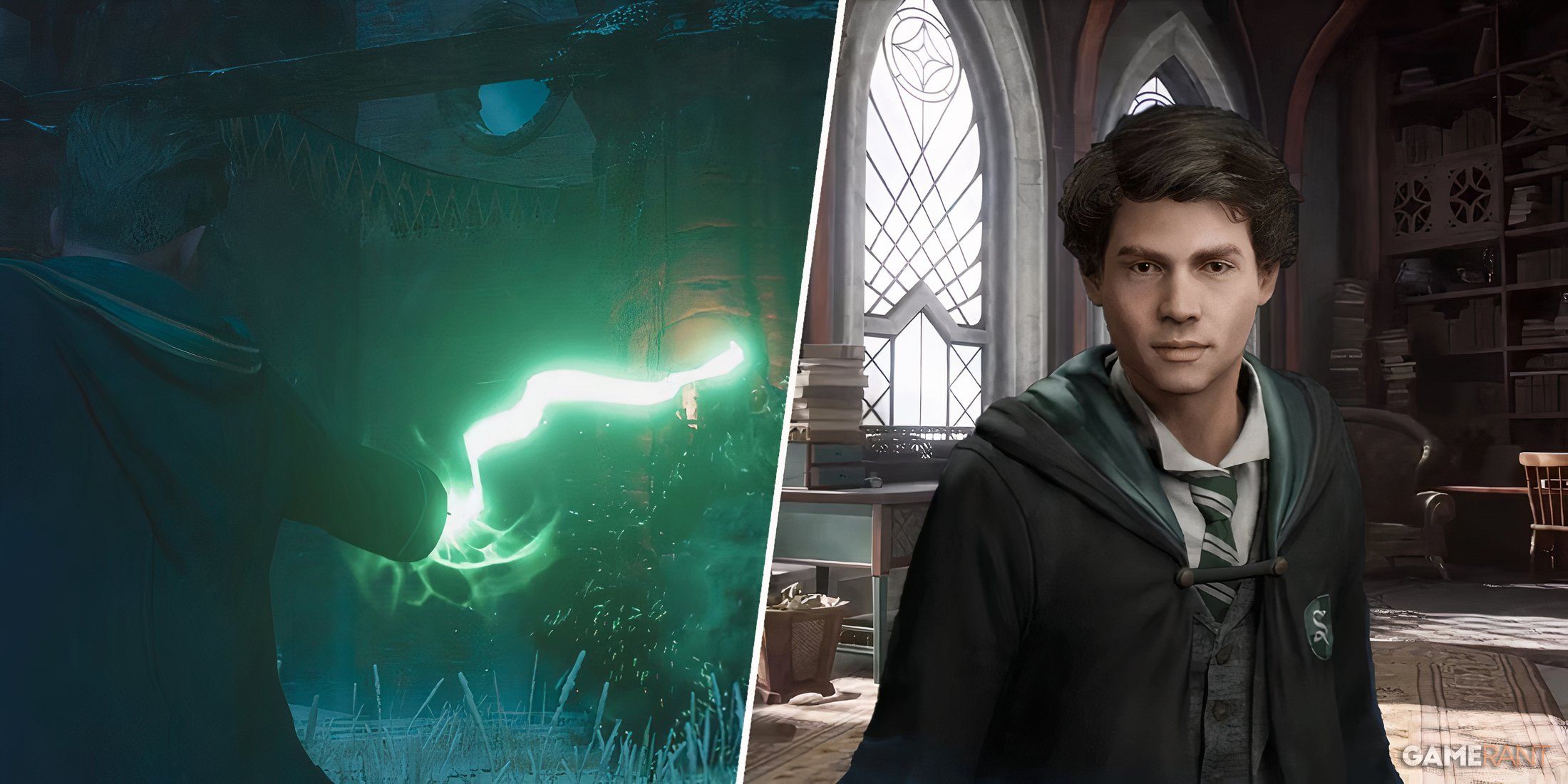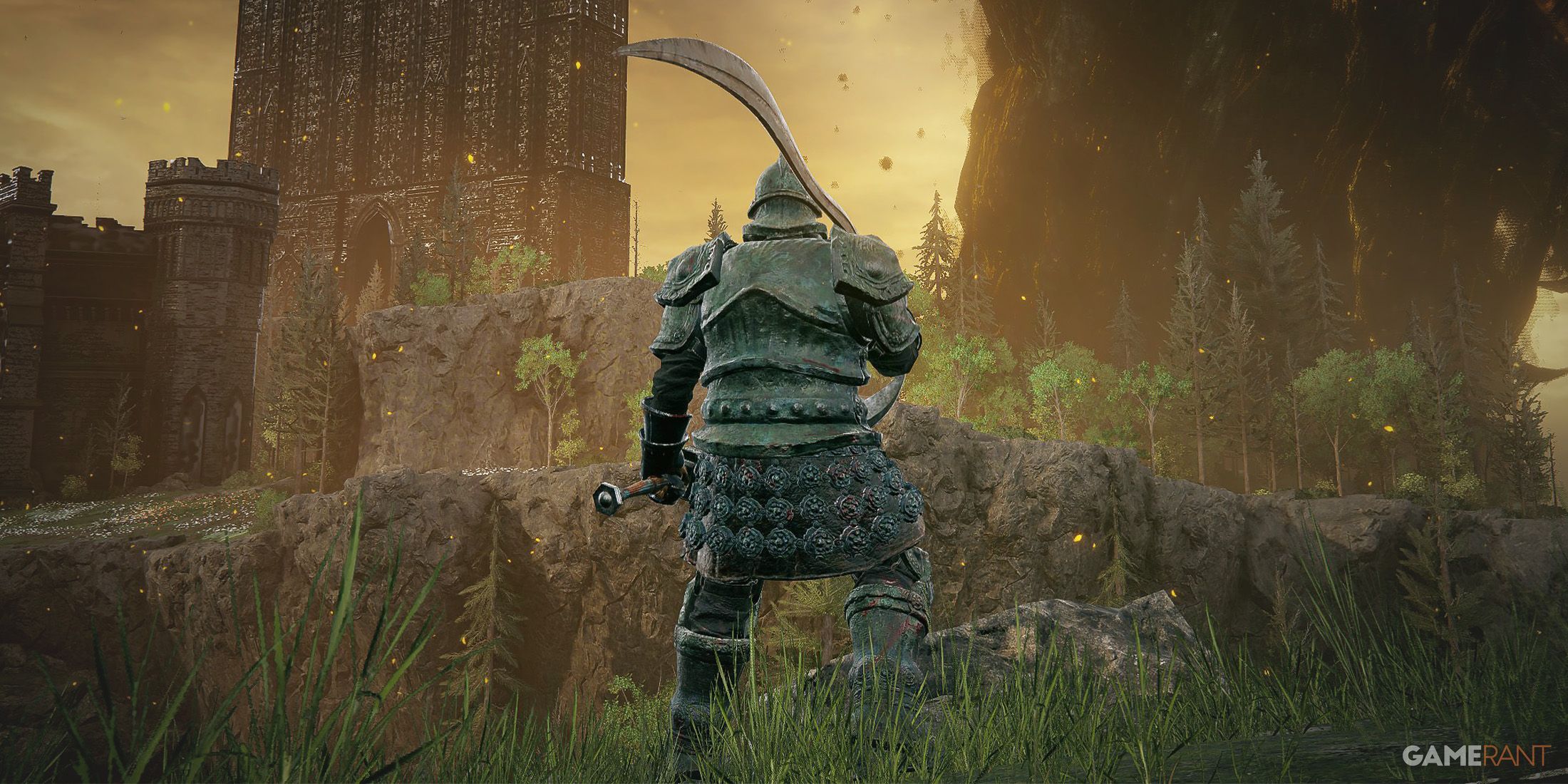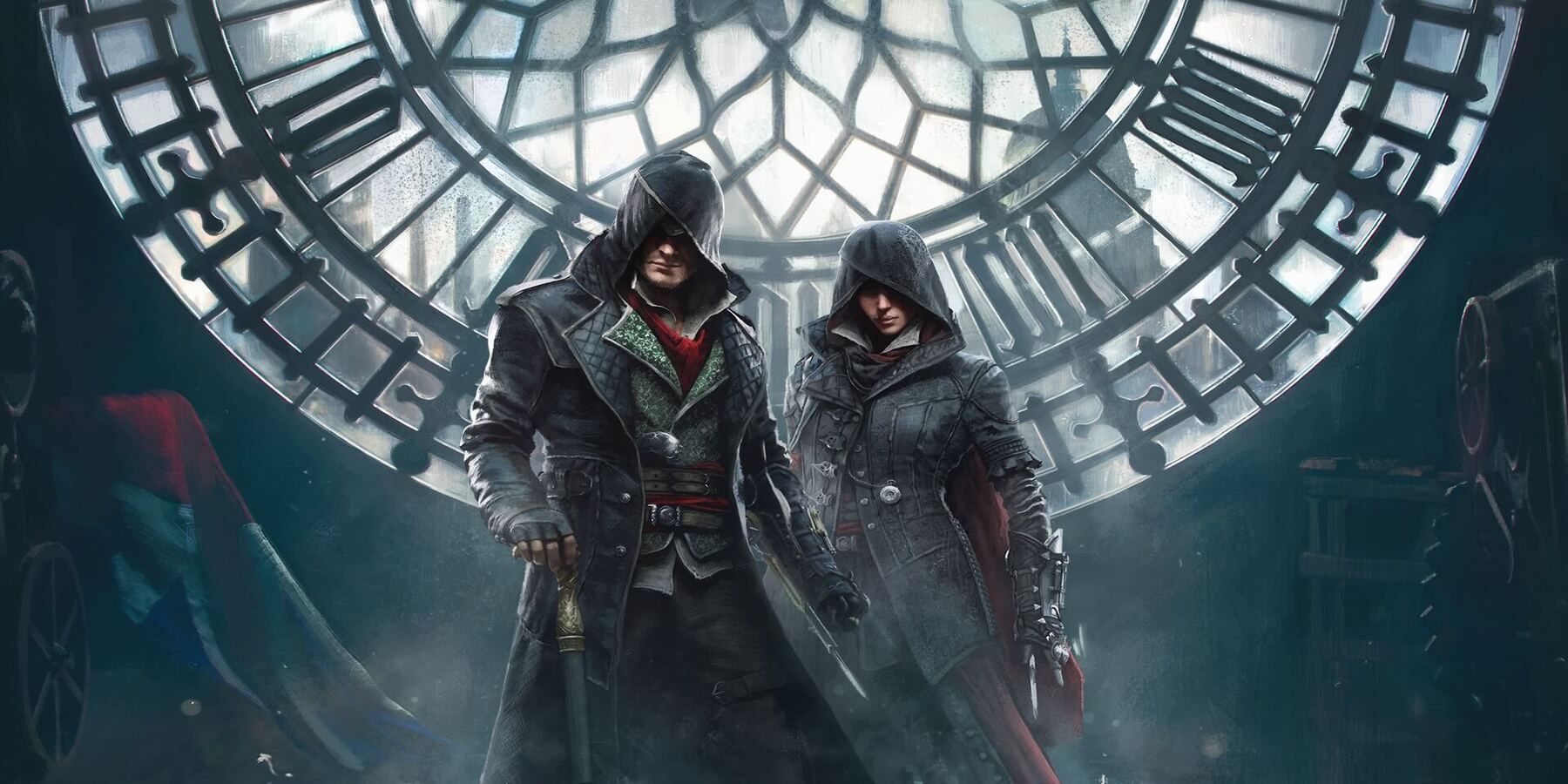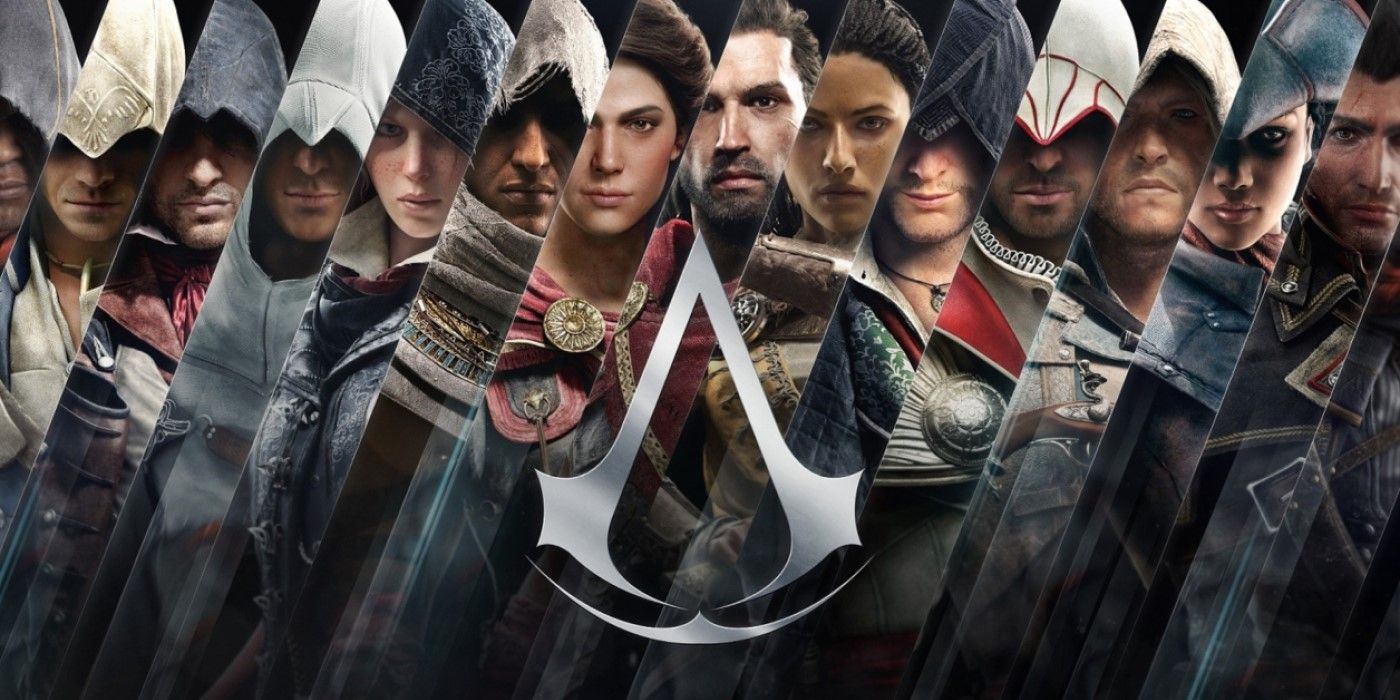In the fifteen years since the release of the first Assassin’s Creed game, Ubisoft has maintained an impressive development pace for its widely popular action-adventure franchise. Known for its bi-annual, and sometimes even annual releases, Assassin’s Creed is clearly the jewel in Ubisoft’s diverse catalog. But while the games explore different historical periods, ranging from ancient Egypt to Victorian London, it is clear that certain eras pique the developers’ interests more than others.
The exploration of ancient Greece in Assassin’s Creed: Odyssey was followed by Immortals: Fenyx Rising in the span of only two years. In March of this year, the studio will take players back to the golden age of piracy first visited in 2013’s Assassin’s Creed 4: Black Flag with the upcoming Skull & Bones. But with the wide range of existing content and fascinating historical periods at Ubisoft’s disposal, the number of standalone games inspired by Assassin’s Creed is surprisingly slim.
Ubisoft Can Focus On Cultural Mythology To Explore New Civilizations
Indigenous peoples of North America make several appearances in the series. Most notably, Assassin’s Creed 3’s protagonist Connor is a Haudenosaunee Native American. Although the game’s narrative drive comes from Connor’s commitment to protecting his village and the wider native population, the real focus of the game is the American War of Independence. More recently, Assassin’s Creed: Valhalla includes side missions in pre-colonial coastal North America with a heavy native NPC population.
Very few games focus on Indigenous peoples, especially those of North America. Similar to how Immortals: Fenyx Rising leaned heavily into the mythology of ancient Greece, an exploration of an Indigenous population’s legends and myths would be a welcome subject in an industry severely lacking in native representation. Moreover, Assassin’s Creed 3 expanded the franchise’s trademark parkour to be compatible with navigating quickly through colonial America’s forests. Reimagining the gameplay that would best complement indigenous mythologies opens up plenty of opportunities for Ubisoft to develop a game inspired by previous Assassin's Creed entries while simultaneously creating a unique, standalone game.
Assassin’s Creed Has A Lot of Unique Gameplay Mechanics to Expand On
Similar to how Skull & Bones is focusing on the naval combat made popular by Assassin’s Creed 4: Black Flag, and even Assassin’s Creed: Odyssey to a lesser degree, future Ubisoft titles not part of the series could choose to focus on some of the more unique gameplay aspects of previous Assassin’s Creed games. Assassin’s Creed: Unity arguably has the smoothest and more fun parkour in the entire franchise. As fans have long been calling for Ubisoft to return to the urban environments of earlier games after the recent RPG titles have expanded their open worlds and largely de-emphasized urban navigation, a game that focuses heavily on parkour could satiate fans of the series and attract new players who value unique gameplay.
One of the most distinctive tools in the series is Assassin’s Creed: Syndicates’ grappling hook. Making it much easier to traverse the tall buildings and wide streets of Victorian London, the grappling hook invoked a style of gameplay similar to that of Batman: Arkham City and its sequels. A standalone Ubisoft game could lean into the detective genre made popular by the Victorian Sherlock Holmes serializations, expanding upon the stealthy gameplay and quick escapes made possible by the grappling hook. The idiosyncratic play styles of Assassin’s Creed: Unity and Assassin’s Creed: Syndicate have largely been abandoned by Ubisoft, but the effects of their unique gameplay should inspire attention on the part of the developers and offers a lot of room for standalone Ubisoft games to refine and improve upon previous titles.
Whichever path Ubisoft chooses to go down, the sheer amount of content in the Assassin’s Creed franchise gives developers a lot of room to create interesting titles reminiscent, but independent of, the popular series. Whether it be exploring overlooked cultures and their mythologies, choosing a gameplay aspect and really leaning into it, or something else entirely, creating new standalone titles akin to Immortals: Fenyx Rising or Skull & Bones helps keep things fresh and gives players a reason to keep coming back for more.






